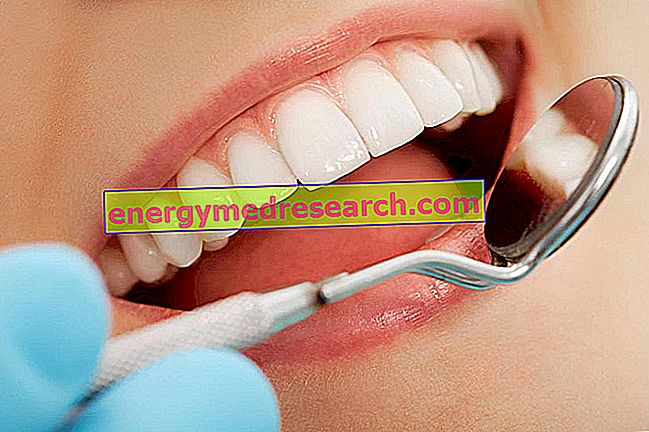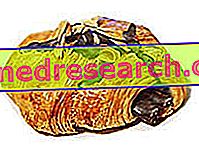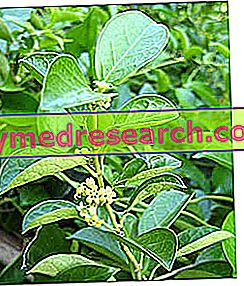
Caries is an infectious disease and as such, at least theoretically, can be prevented by an appropriate vaccine.
Streptococcus mutans is considered the main microorganism involved in the onset of caries.
Rather than a single causative agent, however, the carious pathology must be considered as the expression of an entire "altered" microbial ecosystem. In the oral cavity there are in fact some hundreds of microbial species and only some of these are involved in the appearance of caries, while others even have a protective effect. The composition and balance of the oral microbiota is strongly influenced by eating habits, oral hygiene and genetic factors.
Not being able to intervene on all the microbial species involved in the appearance of caries, the search for an effective vaccine was however concentrated on Streptococcus mutans . Vaccination would then try to stimulate the immune system, both local and systemic, by means of vaccines. It should be remembered in this regard that saliva contains important amounts of antibodies, belonging above all to the IgA class and in a lower way than the IgG class. These antibodies counteract the adherence of many microorganisms to oral surfaces; it has also been ascertained that patients with hypogammaglobulinemia (associated with a low level of salivary antibodies) have high levels of Streptococcus mutans in plaque and a high presence of caries.
The search for a vaccine capable of reducing the incidence of caries by eliminating (or greatly reducing) the presence of S. mutans in the plaque has been active for 40 years now. In this regard, several preliminary studies, conducted on hamsters, primates, gnotopiotic rats and even in small groups of patients, have given more than encouraging results, using different approaches, such as:
- active parenteral immunization (later excluded due to the frequent appearance of adverse reactions);
- orally active immunization (administering capsules containing antigens of S. mutans );
- passive immunization (eg through dietary administration of cow's milk containing anti- S. mutans preformed antibodies).
Although the possibility of inducing good protection against tooth decay by inducing immunity against S. mutans has been widely confirmed, the development of an active anti-caries vaccine needs further and more extensive assessments on efficacy and safety in the and on the cost / benefit ratios that would result for the population.



